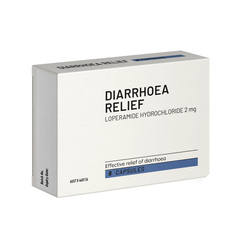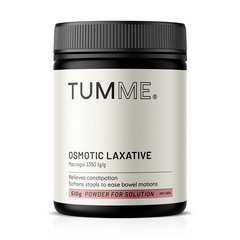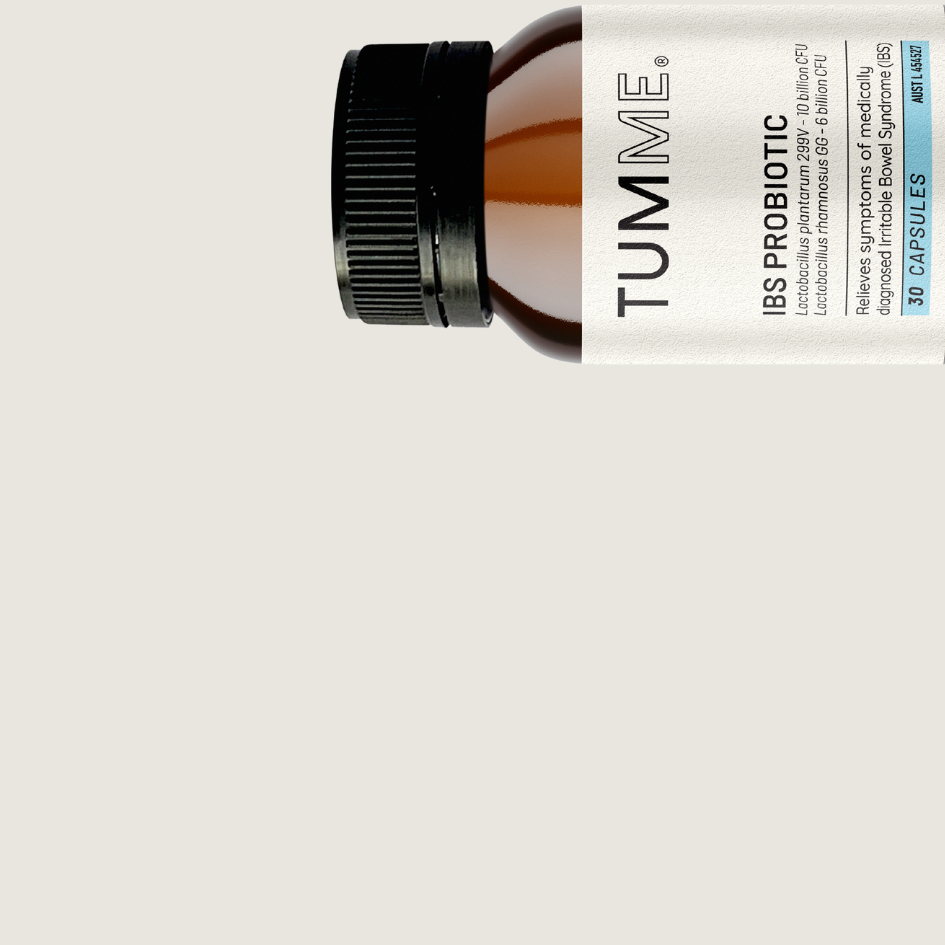The Digestive Benefits of Kiwi Fruit
Kiwi fruit, with its vibrant green flesh and distinctive sweet-tart flavour, packs a powerful punch when it comes to digestive health. Here's why incorporating kiwi fruit into your diet can be beneficial:
- Rich in Fibre: Kiwi fruit is an excellent source of both soluble and insoluble fibre. This fibre content aids in promoting regular bowel movements and alleviating constipation or diarrhea. Soluble fibre absorbs water and adds bulk to stool, while insoluble fibre helps move waste through the digestive tract.
- Contains Digestive Enzymes: Kiwi fruit contains an enzyme called actinidin, which aids in the digestion of proteins, helping improve overall digestion and reduce digestive discomfort.
- High in Antioxidants: Kiwi fruit is loaded with antioxidants, including vitamin C and vitamin E. These antioxidants help combat oxidative stress and promote overall gut health. While the specific mechanisms are still being studied, antioxidants may play a role in reducing gastrointestinal inflammation and supporting digestive function.
Incorporating Kiwi Fruit into Your Diet
Now that you're aware of the digestive benefits of kiwi fruit, you may be wondering how to incorporate it into your diet effectively. Here are some tips:
- Frequency: Aim to include kiwi fruit in your diet regularly, but listen to your body's response. Start with smaller servings and gradually increase as tolerated.
- Serving Size: A serving of kiwi fruit is typically considered one medium-sized fruit, which provides about 2 grams of fibre. For most who struggle with gut symptoms, consuming one kiwi fruit per day is well-tolerated and can provide digestive benefits without causing discomfort.
- Variety: Get creative with how you enjoy kiwi fruit! Add slices to smoothies, yoghurt, or salads, or enjoy it on its own as a refreshing snack.
With its rich fibre content, digestive enzymes, and antioxidant properties, kiwi fruit offers a natural solution for promoting gut health and easing digestive discomfort. Remember to start slowly, monitor your body's response, and enjoy the digestive benefits of this humble fruit!






